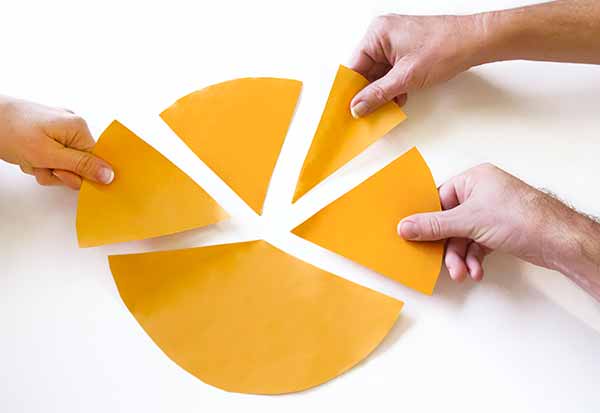Seasoned Policymakers Drive the Fairest Bargain of All
First study of real-world negotiators shows they are more concerned with equity than previously believed
Published Date
By:
- Christine Clark
Share This:
Article Content

Photo by Erika Johnson/University Communications.
Is an experienced policymaker a more rational and a more self-interested bargainer than the average person? That is what nearly all prior research has assumed. But a new study from the University of California, San Diego shows just the opposite.
Appearing in the Proceedings of the National Academy of Sciences, the study by David Victor of UC San Diego and colleagues suggests that top decision-makers care even more about fairness than the general population, and the more experience they have, the more they care about striking a fair bargain.
The study is the first to conduct laboratory bargaining experiments with people who make real-world decisions on the international stage. Participants in the study included former members of the U.S. House of Representatives, top officials in the U.S. cabinet and other government agencies, top strategists at major U.S. corporations, and thought leaders from policy think tanks and non-government organizations tasked with consulting governments on trade and energy policy.
These subjects were asked to play a simple take-it-or-leave-it bargaining game called “the ultimatum game.” Widely used in behavioral and economic sciences, the game allows two players to divide a fixed prize. A proposer makes an offer for how to divide the prize and a responder then decides whether to accept or reject it. If the offer is accepted, both players divide the prize as agreed. If it is rejected, both players receive nothing.
Although economically it makes sense for the responder to accept any offer, past research has shown that most players willingly reject low-ball offers, suggesting they have a strong preference for fairness in such bargaining games.
Victor and his colleagues showed that experienced decision-makers were significantly less likely to accept low, unfair offers than college students and a diverse sample of subjects recruited online. They also tended to make higher offers when they were in the proposer role, suggesting real-world diplomats and policymakers care even more about fairness than the general population.
“One of the key assumptions in most theories of international politics is that policymakers are extremely rational and particularly good at looking out for their own interests. But until this research that assumption has never really been tested,” said Victor, director of UC San Diego’s Laboratory on International Law and Regulation. “Compared with typical general population samples, real-world diplomats are even more prone to act contrary to self-interest by rejecting low offers. They also appear to anticipate this fact, and make more equitable offers to other real-world diplomats.”
The study, co-authored by Brad LeVeck of UC Merced and Alex Hughes, Emilie Hafner-Burton and James Fowler of UC San Diego, also showed that the effect was driven in part by time on the job. Policymakers with the most years of experience were those most likely to reject low offers.
“Many of the world’s most intractable policy problems involve exactly the kinds of issues examined in this paper—that is, the need to agree on fair ways to divide the planet’s resources,” said Victor, an internationally recognized leader in research on energy and climate-change policy.
Understanding that international bargainers care about fairness can help to explain gridlock on climate change negotiations, Victor said, as many countries involved in these negotiations have raised concerns about fairness. Scholars have tended to treat these concerns as “cheap talk,” though, and have advised nations to make offers that the present research shows are more likely to be rejected.
“Our findings suggest that fair offers would make all of humanity better off,” Victor said. “And they suggest that top policymakers, such as senior diplomats, know this at some level. It might just be easier to solve the world’s problems than many experts think.”
To read the full Proceedings of the National Academy of Sciences report, click here.
Share This:
Stay in the Know
Keep up with all the latest from UC San Diego. Subscribe to the newsletter today.



